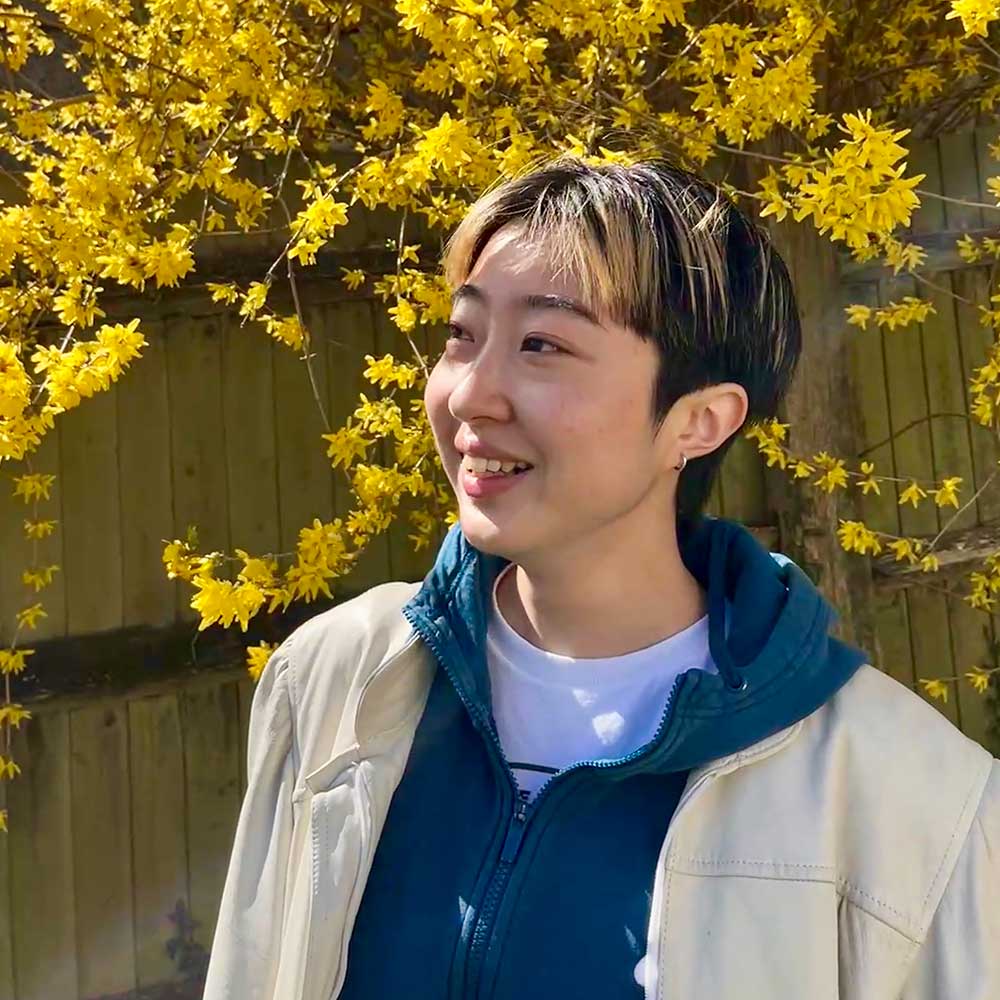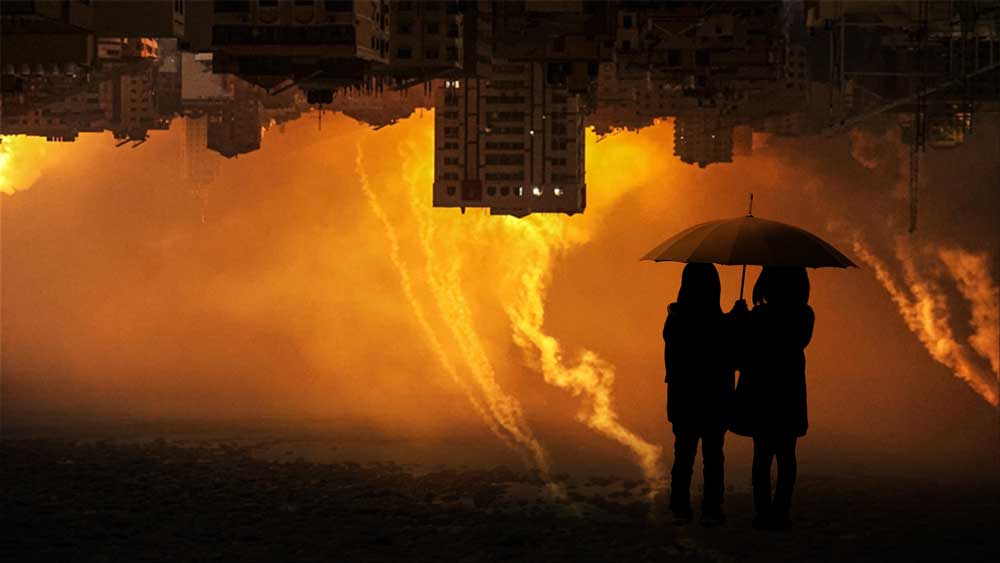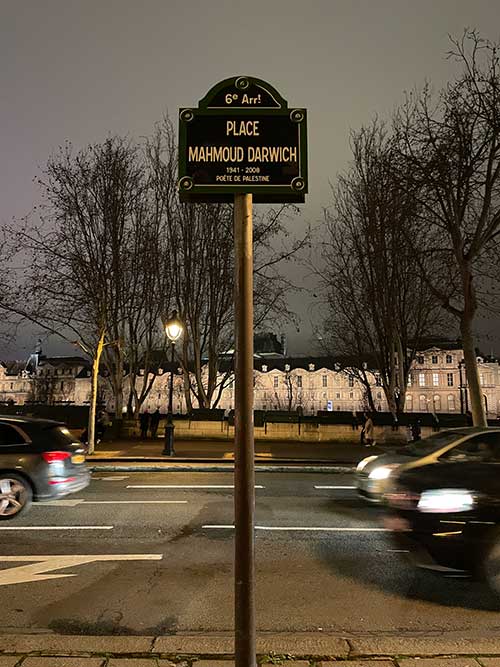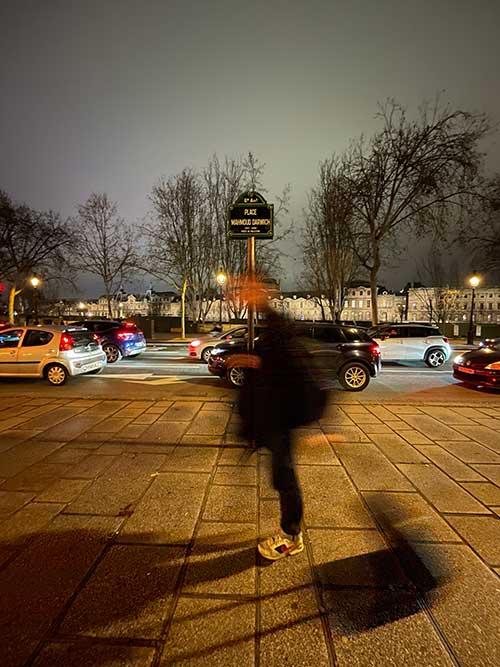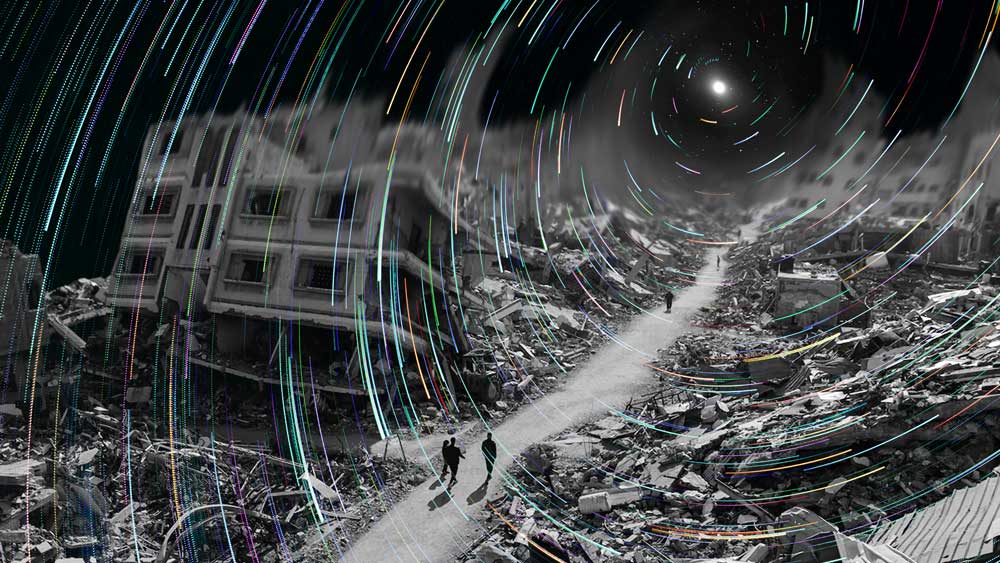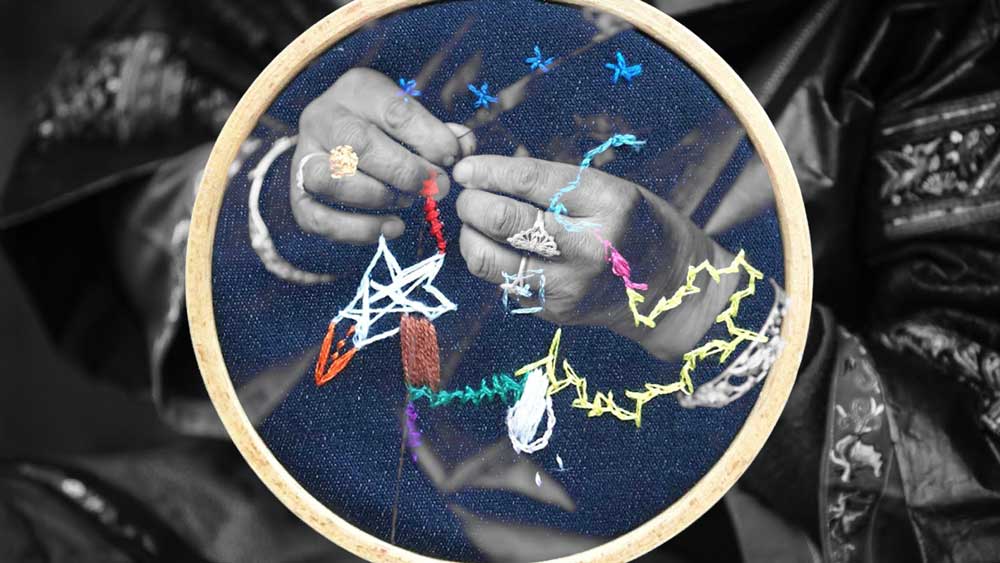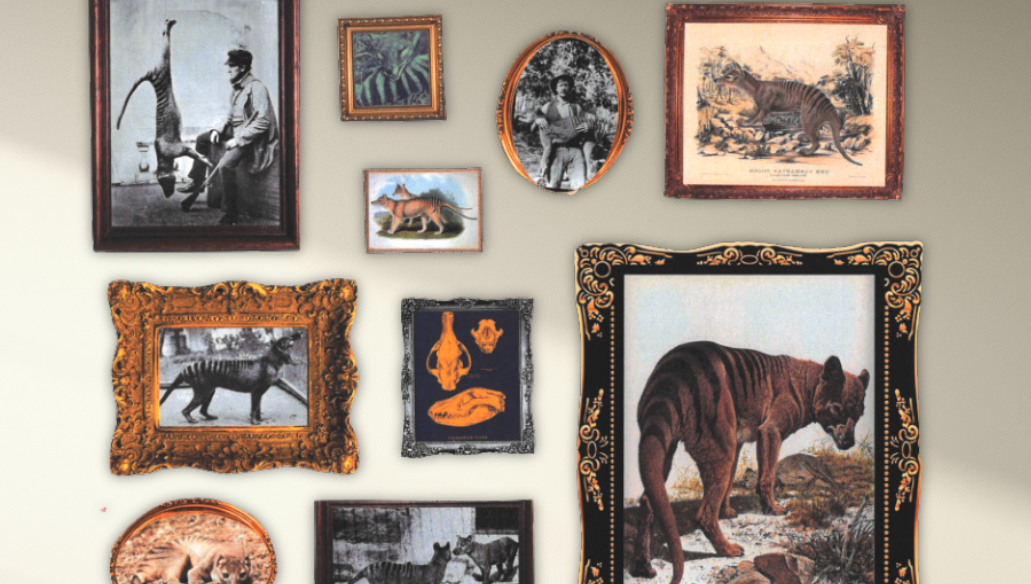“I wanted to end this letter by manifesting a spell.
May our vision of liberation see our own vulnerability in relation to others;
May our healing enable us to show up more with steadfastness and capaciousness;
May we learn from Palestinian artists and poets and never diminish the power of creative defiance;
May we breathe, live, and grieve together;
May our friendship transform through the love and compassion we have shown each other;
May this genocide end soon;
May the empires crumble into ashes;
And we will rise from those ashes, because we always have, and we always will.”
— Excerpt of a handwritten letter from huiyin zhou to Aika Udagawa, Oct 12, 2024
1 United Nations Meetings Coverage and Press Releases (2024). “Noting More than 45,000 Palestinians Have Been Killed in Gaza, Assistant Secretary-General Tells Security Council ‘Ceasefire Is Long Overdue’.”
2 Rasha Khatib, Martin McKee, and Salim Yusuf (2024). ‘Counting the dead in Gaza: difficult but essential,’ The Lancet, 404(10449), pp. 237–238, doi: 10.1016/S0140-6736(24)01169-3.
3 Here, I drew inspiration from Mahmoud Darwish’s poem “A River Dies of Thirst” in A River Dies of Thirst (Diaries) (2024), translated by Catherine Cobham and published by Saqi Books.
Author’s note:
I wrote this piece inspired by my experience of exchanging letters with my dear friend, huiyin zhou, whose words — a beautiful set of spells, in particular — have and will continue to haunt me. Please note, however, that “M” in this piece is a fictional character, a composite of many beloveds and friends, rather than a singular person. This letter is addressed to all those who invited me into their lives and held space for me when I couldn’t do so for myself, including Mahmoud Darwish, who introduced me to a ghost on the bridge.
A message from huiyin zhou:
The opening excerpt is quoted from a letter I wrote to Aika in October 2024. After we had a long, heartfelt conversation about organizing, burnout, guilt, repair, and relational care that day, I felt an intense desire to write and process what we had shared with radical honesty and vulnerability. The complex realities and responsibilities we have to juggle as transnational queer feminist organizers continue to perplex and illuminate me on the roads ahead. Being a part of this writing project with Aika has shown me the futility of looking for easy, fixed answers — and the aching beauty of deep relational building and figuring it out together.
